Imam Ali ibn al-Hussain (peace be upon him), also known as Zayn al-‘Abidin ("the adornment of the worshippers") and al-Sajjad ("the one who prostrates often"), was the fourth Imam of the Ahl al-Bayt. He lived through the tragedy of Karbala and emerged as its spiritual inheritor, not with the sword, but with supplication, knowledge, and deep devotion.
His life was a continuation of the Hussaini movement, a silent yet thunderous resistance rooted in worship, truth, and unwavering dignity.
Noble Lineage and Early Life
Imam Zayn al-‘Abidin was born in Medina in 38 AH, the son of Imam Hussain (peace be upon him) and Lady Shahrbanu, a noblewoman of Persian descent. From both his paternal and maternal sides, he inherited nobility, not just of blood, but of character and faith.
He was raised in the prophetic household and witnessed the towering figures of Islam, his grandfather Imam Ali, his uncle Imam Hasan, and his father Imam Hussain. This early formation shaped him into a scholar, worshipper, and spiritual leader of exceptional depth.
Survivor of Karbala
Imam Zayn al-‘Abidin was present in Karbala but was severely ill and unable to fight. After the massacre on the day of Ashura, he became the only surviving adult male from the family of Imam Hussain.
He was taken captive along with the women and children, bound in chains and marched from Karbala to Kufa, then to Sham (Damascus).
There, in the court of Yazid, despite his weakened state, Imam Zayn al-‘Abidin spoke with fearless eloquence, exposing tyranny and defending the legacy of the Prophet (PBUH). His words shook the conscience of those present and planted the seeds of resistance.
The Imam of Worship and Wisdom
After returning to Medina, Imam Zayn al-‘Abidin lived under intense surveillance from the Umayyad regime. In this hostile environment, he did not organize armies, he raised souls. He did not issue public decrees, he taught through supplication, character, and service.
His most lasting legacy is the masterpiece known as “Sahīfat al-Sajjādiyyah”, a profound collection of supplications that explore themes such as divine mercy, inner transformation, social justice, gratitude, and the rights of others. It stands as one of the most spiritually rich and eloquent works in the heritage of the Prophet’s family (Ahl al-Bayt).
In a time of spiritual darkness, his worship became a revolution. His frequent prostration in gratitude earned him the title al-Sajjad, and his purity in character earned him the admiration of even his enemies.
A Life of Silent Resistance
Though he did not rebel militarily, Imam Zayn al-‘Abidin waged a powerful spiritual resistance against oppression:
He freed hundreds of slaves, teaching them the Qur’an and divine ethics first.He restored the dignity of Ahl al-Bayt in the minds of the people after Karbala.He taught the importance of justice, compassion, humility, and prayer.Martyrdom and Legacy
Imam Zayn al-‘Abidin was poisoned by the Umayyad governor al-Walid ibn Abd al-Malik, and he attained martyrdom in 95 AH, in the city of Medina. He was buried in Jannat al-Baqi‘, next to his uncle Imam Hasan (peace be upon him).
His grave, like many others in Baqi‘, was later desecrated, but his spiritual legacy lives on.
Today, he is remembered not only as a witness of Karbala, but as the Imam who rebuilt the Ummah with tears, sujood, and du‘a.
Imam Ali ibn al-Hussain (peace be upon him) teaches us that worship is not withdrawal, it is strength. That du‘a is not weakness, it is defiance against falsehood. That surviving oppression is not defeat, it is preparation for rebuilding.
Zayn al-‘Abidin is the Imam of hearts, the voice of Karbala, and the light that still shines for every soul seeking dignity through worship.



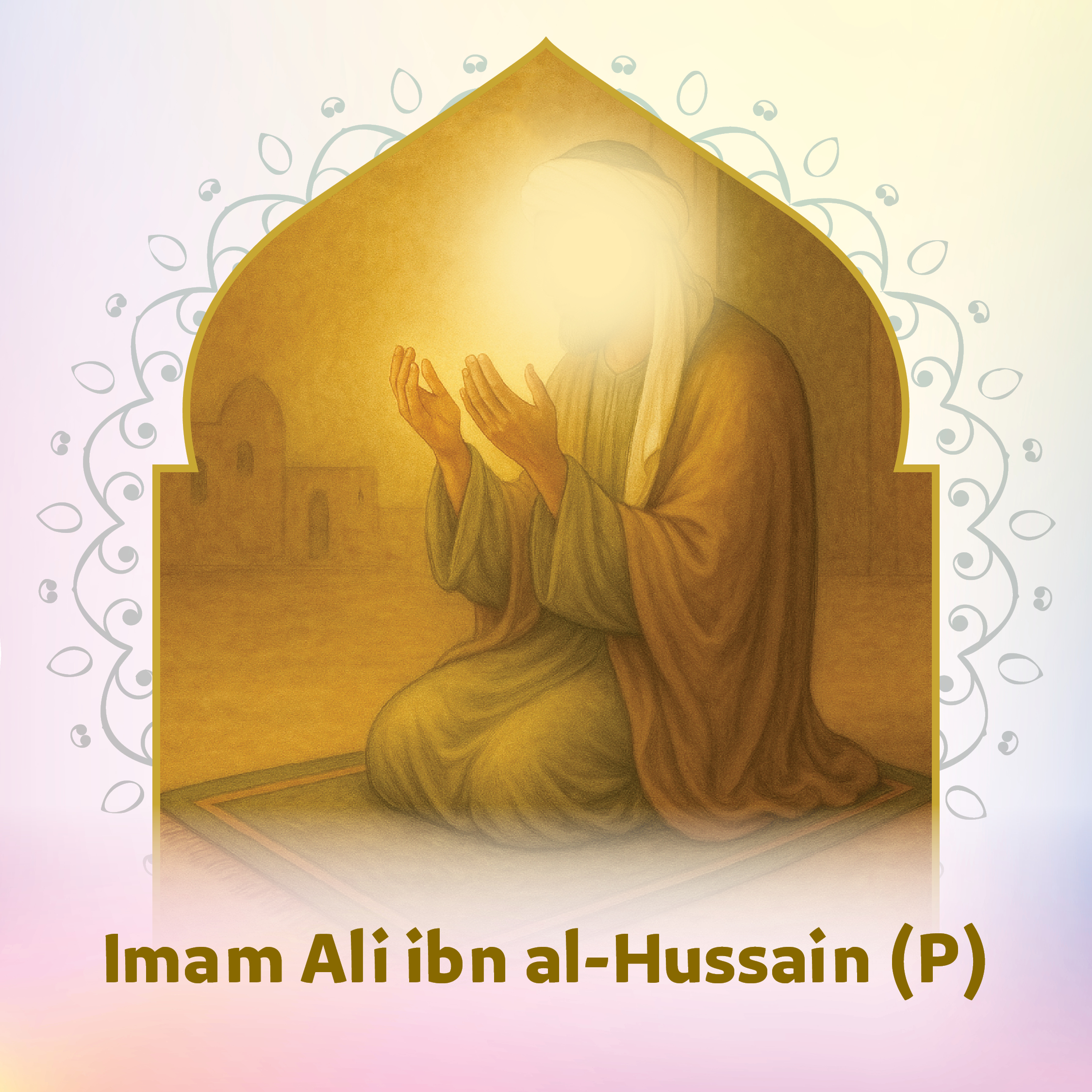
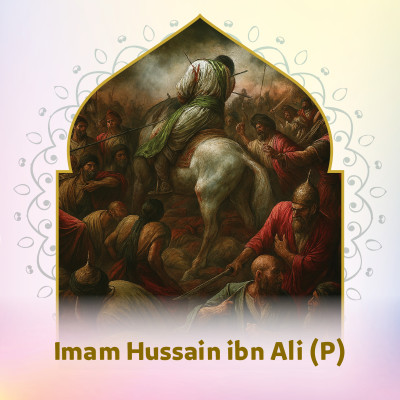
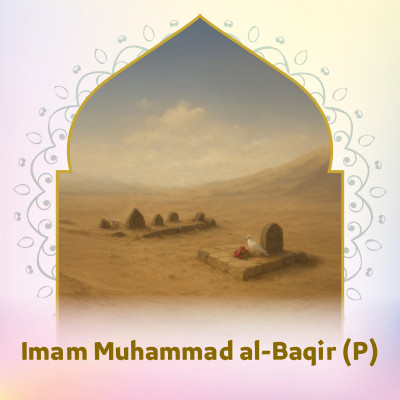

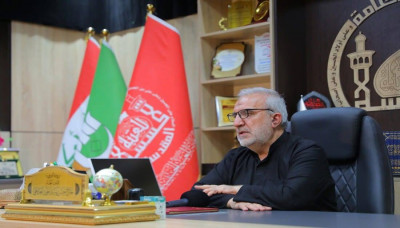
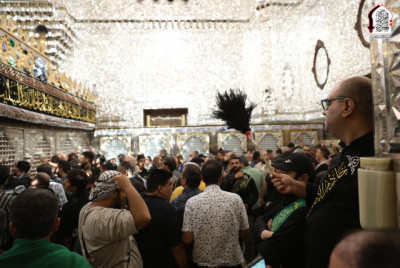
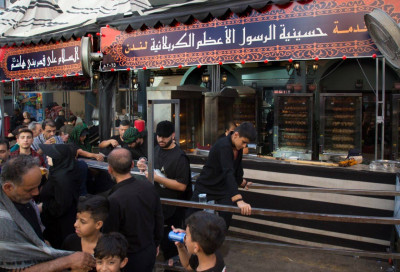
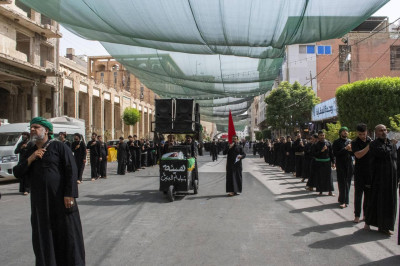
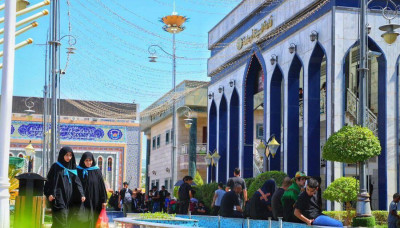


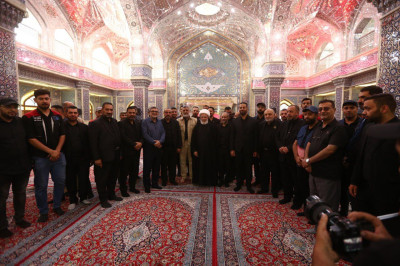

اترك تعليق